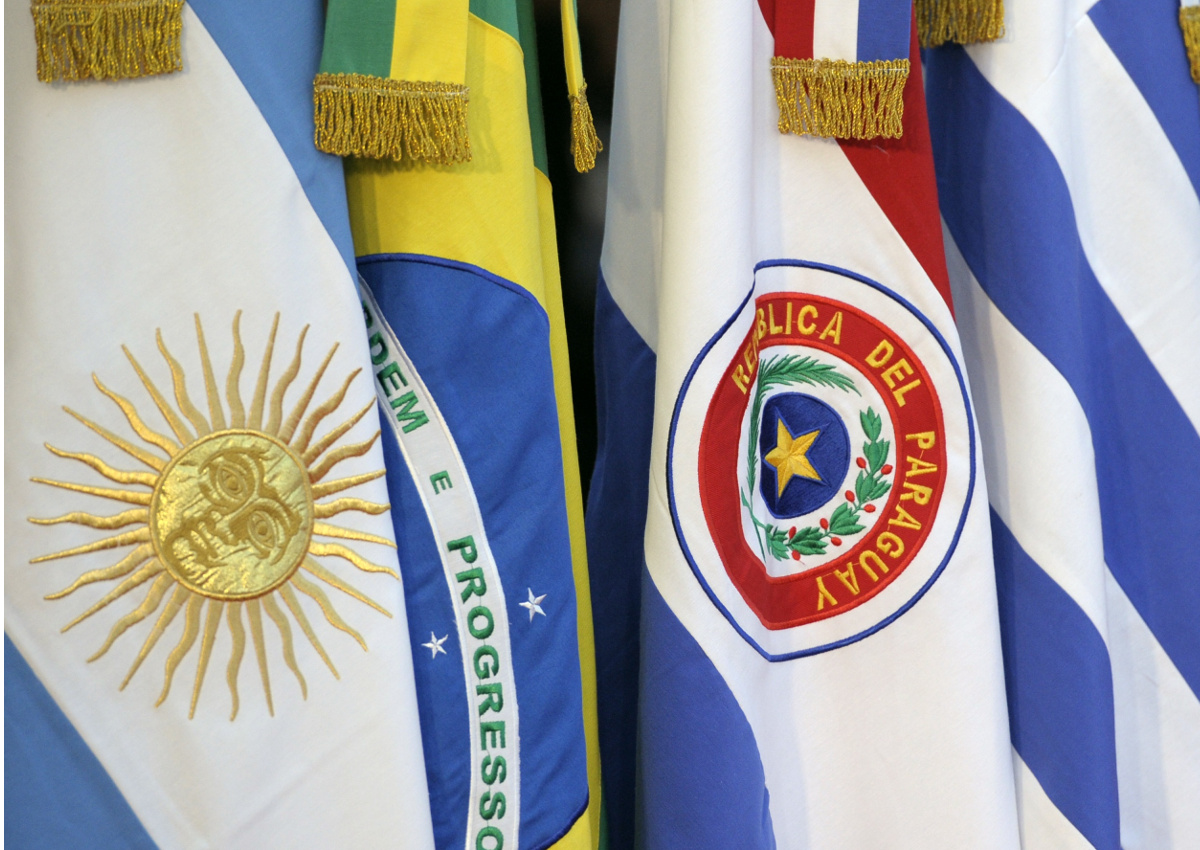
EU – Mercosur trade amounts to 88 billion euros. Europe exports goods for 45 billion and services for 23 billion, while Mercosur countries export goods for 43 billion and 11 billion respectively. The European Commission estimates that the total annual saving in customs duties for European companies will amount to 4 billion.
WHAT CHANGES WITH THE RATIFICATION OF THE AGREEMENT
The agreement provides for annual imports to Europe at zero or reduced duty of 99,000 tons of beef, 180,000 tons of poultry, 25,000 tons of pork, 180,000 tons of Brazilian sugar (plus 10,000 tons of Paraguayan sugar), 450,000 tons of ethanol, 60,000 tons of rice, 45,000 tons of honey and 1,000 tons of corn. On both sides, duties on 30,000 tons of cheese and 10,000 tons of powdered milk will be modified.
Complete liberalization for still wine will be authorized over 8 years; over 12 years for sparkling wines (costing less than 8 euros per bottle). Zero duty, from now on, for sparkling wine bottles costing more than 8 euros. For Champagne, complete liberalization is expected within 8 years. Duties will be removed for liqueurs, olive oil, fresh fruit, canned peaches, canned tomatoes, malt, frozen potatoes, chocolates, biscuits, and soft drinks. After the elimination of customs duties, the agri-food sector will enjoy the protection on the markets of Argentina, Brazil, Paraguay and Uruguay for 357 European PDOs and PGIs, including: Prosciutto di Parma, Austrian Tyrolean speck and French cheese from Hervé.
STILL DISPUTED DENOMINATIONS IN MERCOSUR
In the case of Prosecco in Brazil (where there is a variety of grapes registered under this name), the EU has managed to get a gradual removal from the market of the pre-existing name. Grana Padano and Parmigiano Reggiano will be protected, but a small group of companies from the Mercosur countries, listed in an annex to the agreement, will be allowed to continue to use local denominations. So not the ‘Anglo-Saxon Parmesan’.
Terms such as Grana and Parmesao can only be used in Brazil, Reggianito and Parmesano only in Spanish-speaking countries, with measures prohibiting misleading evocations of origin (such as flags, monuments and typical landscapes). In return, the agreement allows the registration and protection in Europe of 220 Latin American Geographical Indications.

